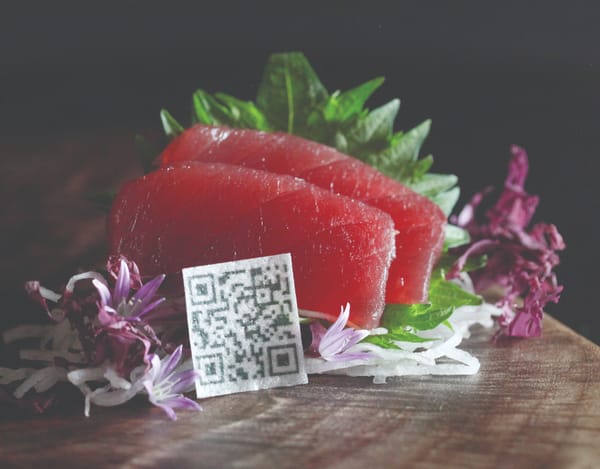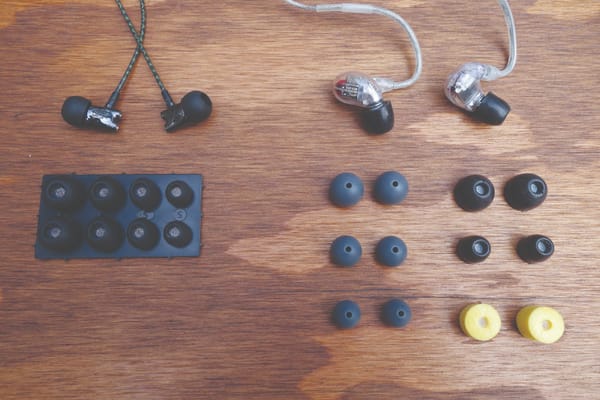Why Facebook “Protect” is all but protection
Facebook's new feature promises increased privacy, but we should be cautious…

This week, WIRED reports that Facebook has been trialling a new feature for the iOS Facebook app, called “Protect”. The little blue shield directs you to the App Store where you will be prompted to download “Onavo Protect”, an app Facebook bought in 2013. This supposed safety-enhancing app is a VPN – a service which encrypts mobile data and sends it via their servers. It also warns you if you visit malicious websites and can protect your login details when connecting on public networks. What is not clear is why this is of any use while using Facebook’s own app – is Facebook going to warn us if their site starts hosting malware? Do they not already encrypt login details when we use the website?
The three top reasons you’d turn to a VPN is a) if you you’d temporarily prefer authorities not like to know about your exact cybernetic ramblings, b) if you’d like to safely express yourself wearing a different set of digital galoshes or c) you would like to access something which is not available in less liberal countries.
Onavo fails on all accounts. Beginning with the last point, for the 20% of the world’s population residing in China, Turkey, Iran or the UAE, places where arguably VPNs are really needed, these services and even the Apple App store itself are barred. On the second, it buries the switch which determines whether your server is routed to their servers or not deep in the user interface making it cumbersome to chance those galoshes. On the first point… don’t even get me started!
If you scroll down beyond the candy wrapping, to the paragraph on “how it works” you find out that your questionable activities are “used to gain insights into the products and services people value”. They spell this out a little more clearly in their Privacy policy, writing “we may share (or receive) information, including personally-identifying information with (or from) our Affiliates” [i.e. Facebook] and “assist law enforcement when we have good-faith belief that such cooperation is reasonably necessary”. To put this in practical terms for those of you who need it, if you are hoping to keep your romp through the deep web a secret, Onavo could bring some interesting advertising on Facebook. And if you are journalist, watchdog or a lawyer dealing with sensitive information, that app you probably would never notice could compromise your work. If it is some small comfort, Android users may be flattered that they were first to get asked for their participation in this bizarre scheme and have been prompted since 2016 to support Facebook’s efforts to capture all parts of your digital life.
Mark Zuckerberg’s has resolved in 2018 to make “sure that time spent on Facebook is well spent” acknowledged “the rise of a small number of big tech companies — and governments using technology to watch their citizens”. Facebook Protect has, in its own small way, worsened this problem of the centralization of knowledge – and with it, power. But there is time yet for to change the world’s largest social network for better.








